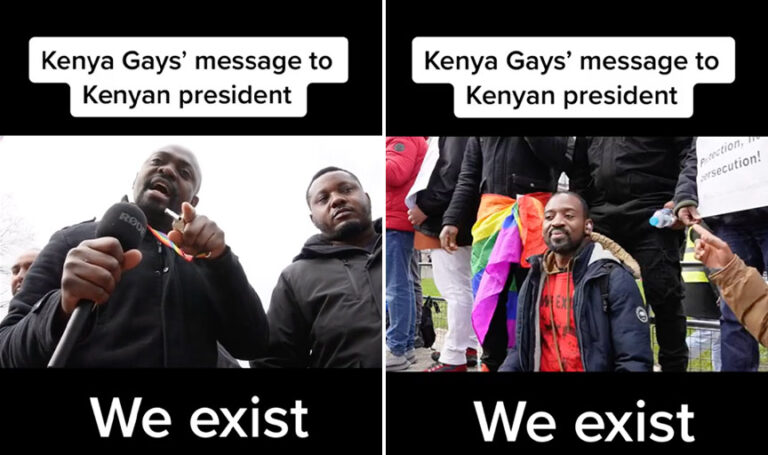TikTok to ban all LGBTQIA+ content in Kenya to prevent app removal
On 27 September 2023, the Washington Blade reported that TikTok is currently in talks with the Kenyan government to ban access to LGBTQIA+ specific videos in the country.
TikTok is expected to implement this controversial ban as a way to comply with Kenya’s strict anti-LGBTQIA+ laws which prohibit such content. According to the Kenya Film Classification Board (KFCB), the country practises this censorship because LGBTQIA+ content “glorifies, promotes, and normalises homosexuality.”
In Kenya, homosexuality and consensual same-sex acts are outlawed under under Section 165 of its penal code. The latter can incur a maximum penalty of 14 years imprisonment.
TikTok is reportedly in talks with the #Kenyan government to block local access to all LGBTQ + content. pic.twitter.com/0vEfFRIlit
— PinkNews (@PinkNews) October 10, 2023
Why is TikTok expected to comply with the content ban?
According to a 2023 survey from Reuters Institute, Kenya is the global leader in TikTok usage, with an impressive 54 per cent share of global consumption.
However, in August, petitioner Bob Ndolo wrote to the National Assembly of Kenya and pleaded for the country to ban the social media platform for promoting “harmful and inappropriate content.” The petition resulted in backlash from TikTok users, particularly content creators, who earn their living from monetising content. Consequently, they asked the government not to ban the video-sharing app, but to enact a regulatory framework to stop inappropriate content being shared on there instead.
@roy.kanyi Members of Parliament on Tuesday, August 15, held divided opinions over a motion proposing a ban on the social media application, Tiktok. The motion was moved by a petitioner, Bob Ndolo, who wants the popular video-sharing app banned for its inappropriate content. #roykanyi #tiktokbankenya #tiktok #kenya
♬ original sound - Roy Kanyi
TikTok, subsequently, started to engage in talks with the Ministry of Information Communication and Technology to prevent a complete ban of the platform. It is likely that the app will consent to the censorship, as it is in its best interest to keep the officials of one of its biggest markets happy.
In fact, TikTok has already stopped monetisation for users posting restricted content. Additionally, it also began to deactivate accounts in its quest to comply with the country’s restrictions, as efforts to draft a regulatory framework continue.
This is not the first time that TikTok has been accused of anti-LGBTQIA+ practices, by the way. In September 2019, The Guardian reported that TikTok censors pro-LGBTQIA+ specific content, such as queer couples holding hands, even in countries where homosexuality is not illegal.
What has the response by the LGBTQIA+ community in Kenya been?
Queer Kenyans all over the world have always bemoaned and protested their continued erasure under the Kenyan government. 54 per cent of Kenyan users were reported to create TikTok content and 29 per cent rely on it as their source of news, according to Reuters. Thus, it is likely an important tool to find access to the queer community, educate oneself about sexuality, and share important information about queer topics and culture. Restricting this content further denies and invalidates their existence.
@africanlgbti Kenya LGBT community is not happy as well !!! We are fighting back!!!! #loveislove🌈🌈🌈🌈🌈🌈🌈🌈💕💕💕💕
♬ original sound - africanlgbti
Has something like this happened before?
Good question! This is definitely a tale that you might have heard before. In February, the KFCB inked a deal with Netflix to stop the streaming of LGBTQIA+ specific movies. Furthermore, it is finalising talks with Showmax and two other local video-on-demand platforms to remove all LGBTQIA+ specific movies. The regulatory body is also part of the ongoing talks with TikTok.






